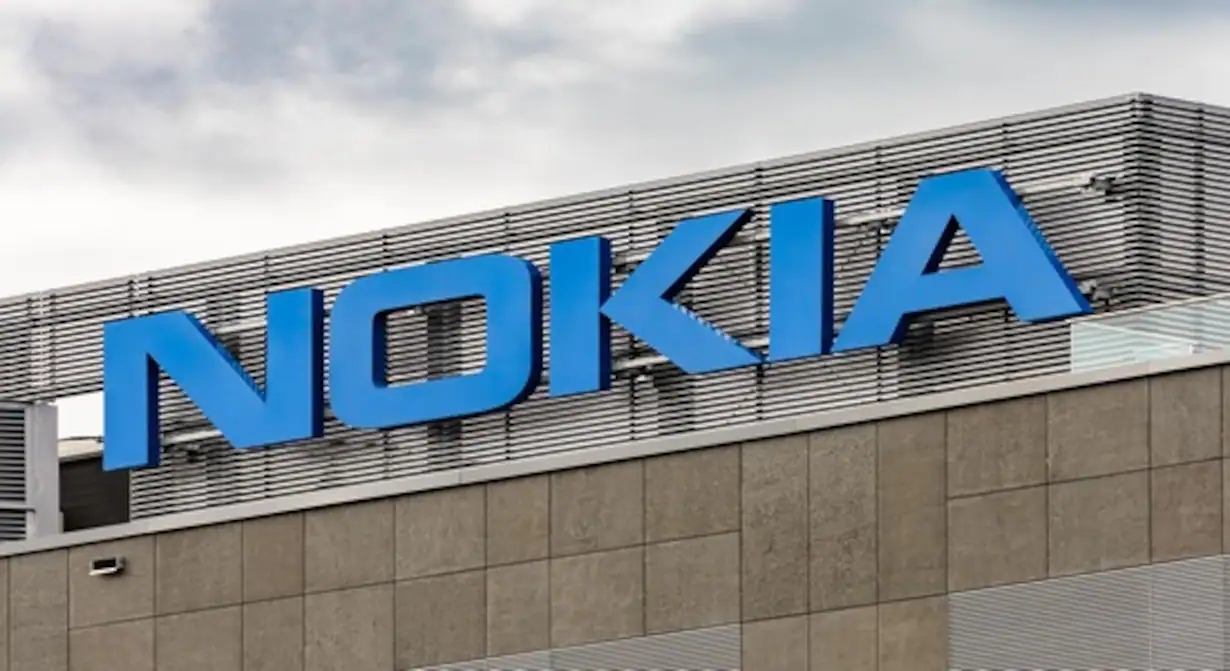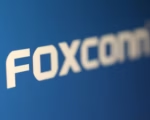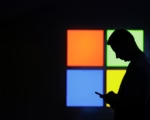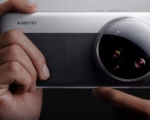Nokia’s Vision: Unveiling the Technology Strategy 2030 Report
Nokia, a prominent player in the telecommunications industry, is gearing up for a monumental shift in network demand propelled by emerging technologies such as Web3, the Metaverse, and Artificial Intelligence. With projections indicating a substantial surge in Internet usage by 2030, Nokia is strategically positioning itself to meet the evolving needs of the digital landscape. The company is devising comprehensive strategies to enhance the capacity and capability of its equipment and services, ensuring they are primed to accommodate the anticipated spike in demand. Of particular emphasis is Nokia’s commitment to aligning its offerings with the principles of decentralization, with plans to integrate smart contracts and blockchain technology into its product ecosystem.
The release of Nokia’s Technology Strategy 2030 report this week marks a pivotal moment for the company as it outlines its roadmap for navigating the dynamic technological landscape in the years to come. A key highlight of the report is Nokia’s forecast that network demand is poised to escalate significantly, projected to increase by an estimated 22 to 25 percent by 2030. Recognizing the imperative for adaptation and innovation, Nokia is poised to usher in a new era of cognitive and automated network ecosystems capable of addressing the diverse needs of organizations, industries, and consumers.
The convergence of metaverse technologies, Web3, semiconductors, software, Artificial Intelligence, and Machine Learning heralds a paradigm shift in the realm of telecommunications. Nokia’s Technology Strategy 2030 underscores the pivotal role these advancements will play in reshaping the digital landscape, facilitating the seamless integration of human, physical, and digital realms. By harnessing the transformative potential of emerging technologies, Nokia endeavors to leverage connectivity as a catalyst for addressing global challenges and driving sustainable progress in the years ahead.
In the recent years, the network infrastructure available in present time has had to face several challenges especially related to security and cyber safety. Despite the downtimes and glitches however, the network providers did manage to push aforementioned technologies to the world. Nokia believes that stepping into the later years, network infrastructure providers will have to step up the game because technology is only going to grow more advanced.
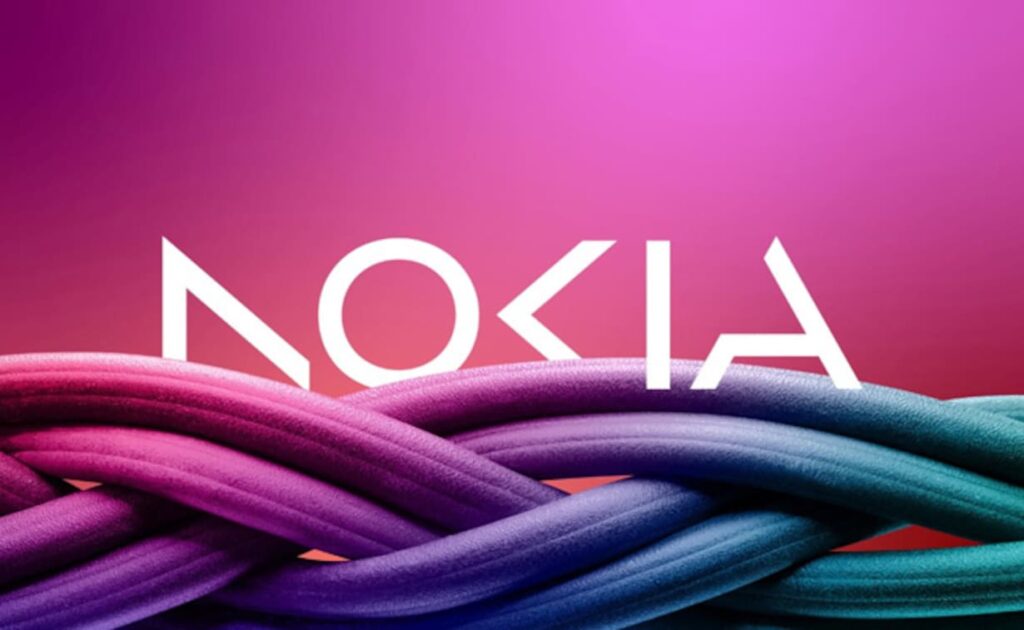
Nokia has been exploring the field of metaverse since 2022 – when it reportedly kickstarted research work and studies exploring the industrial use cases of the metaverse tech. A fully functional virtual universe, the metaverse makes for a digital destination for people to socialise and work in as avatars – right from the comfort of their homes. The company has also managed to use the ‘digital twin technology’ to create a future network architecture compatible with advanced metaverse use cases and human augmentation. The digital twin technology is capable of twinning a virtual model of a physical object seamlessly.
Along with the metaverse, Nokia predicts that the deeper technologies like Generative AI and devices to access Virtual Reality (VR) penetrates, the more the demand for secure network escalate.
“Through networks that sense, think and act, we work with our customers and partners to create the digital services and applications of the future. Our products and solutions bring digitalisation to physical industries and cities, helping them decarbonise and increase efficiency, productivity and safety,” Nokia’s report noted.


